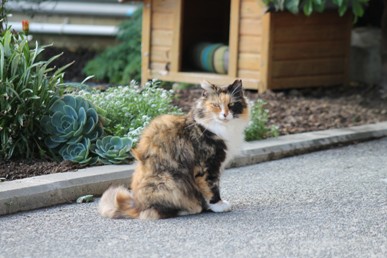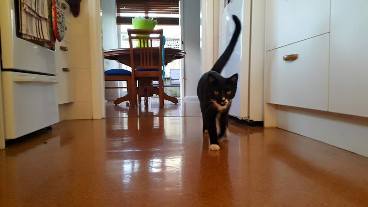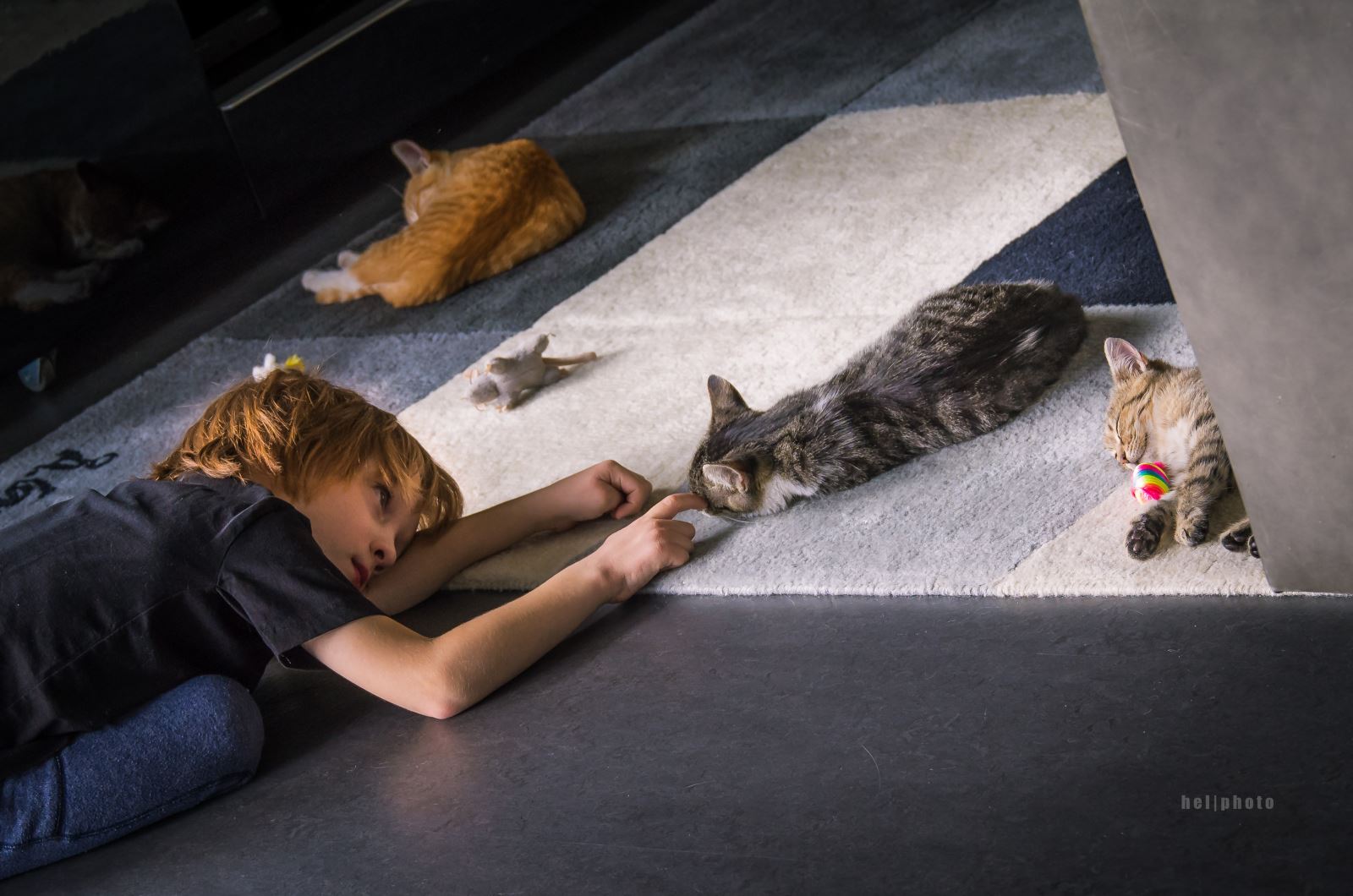.jpg) Cats are territorial animals and can find moving house a very stressful experience, a bit like you might feel if you had to move to a new school. However, there are a few things your family can do to reduce your cat’s stress and ensure a smooth move between homes.
Cats are territorial animals and can find moving house a very stressful experience, a bit like you might feel if you had to move to a new school. However, there are a few things your family can do to reduce your cat’s stress and ensure a smooth move between homes.
Make sure your cat is moved between homes in a suitable cat carrier with familiar smelling bedding (their favourite blanket). Cats usually stress less if their carry cage is covered with a lightweight towel. Most cats do not enjoy travelling so be aware that your cat may be quite distressed when you reach your new home.
When you arrive at your new address, do not release your cat until the household is as quiet as possible. Make sure that all doors and windows are shut and that any other escape routes, such as fireplaces, are blocked.
Help your parents or caregivers prepare a room for your cat - it is a good idea to keep them to one room in the house for a few days to slowly introduce them to their new environment. Provide them with a comfortable bed (with a familiar blanket and toys), a litter tray, food and water bowls and a safe hiding spot.
Your parent or caregiver can release your cat from the carrier once you have prepared your cat’s new room. Sit quietly with your cat whilst they explore their new environment. You could encourage them to explore their new environment by hiding small amounts of dry food.
Over the next few days, make a few more rooms available to them, allowing the cat to explore them at will. Make sure that they are not able to escape the house for at least two-three weeks for cats (six weeks for kittens) after your move so that they relax and develop an attachment to their new home.
If your cat is used to being allowed outside and your family want them to continue to have access to your garden, your family will need to think carefully about how to do so without risking your cat becoming lost or running away. Your parents or caregivers could start by introducing your cat to an enclosed area of your yard, if possible, where they are not at risk from cars and other animals. Leave the door to the house open as an escape route so that if they are frightened by a sudden noise or movement they can flee to the safety of their new home.
When you and an adult first take your cat outside, it's best to do so just before meal time so that they will want to come back in for food. Stay with them and quietly reassure them as they explore. Initially, only let them outside for a few minutes at a time, gradually increasing the time outside until they are comfortable with the new surroundings. Continue to supervise them outside until you are confident that your cat has relaxed into their new territory and is not clashing with any neighbourhood cats that may have already claimed your yard for themselves.
Make sure that when you move house, your family updates your cat’s microchip details. That way, if your cat does escape and go missing, they will be easily identified and your family easily contacted by your local SPCA, veterinary clinic or council.
.png)

























.jpg)














